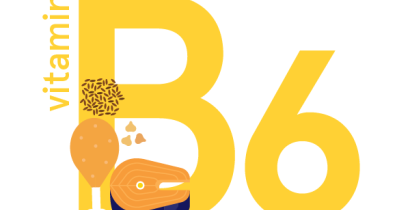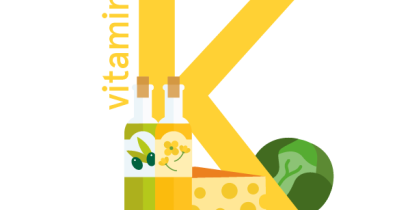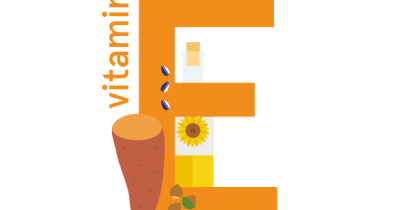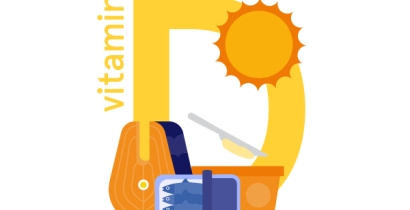Choline: foods, functions, how much do you need & more
Last Updated : 11 January 2021Choline is our outlier in the whole bunch, as it’s not truly defined as a vitamin. However, it’s still essential to keep us healthy!
What is choline?
Choline is a water-soluble organic compound considered a “conditionally essential” micronutrient. This means that our bodies can make small amounts of choline, but most of it must still come from our diets.
What are the functions of choline?
Our bodies use choline to produce a neurotransmitter called acetylcholine, which helps our muscles contract and supports brain functions such as memory. Choline is also needed to form the membranes of our cells, to help transport fats and cholesterol from the liver to other parts of our body and to break down an excess of homocysteine, an amino acid that can put us at a higher risk of cardiovascular disease, when present in high amounts.
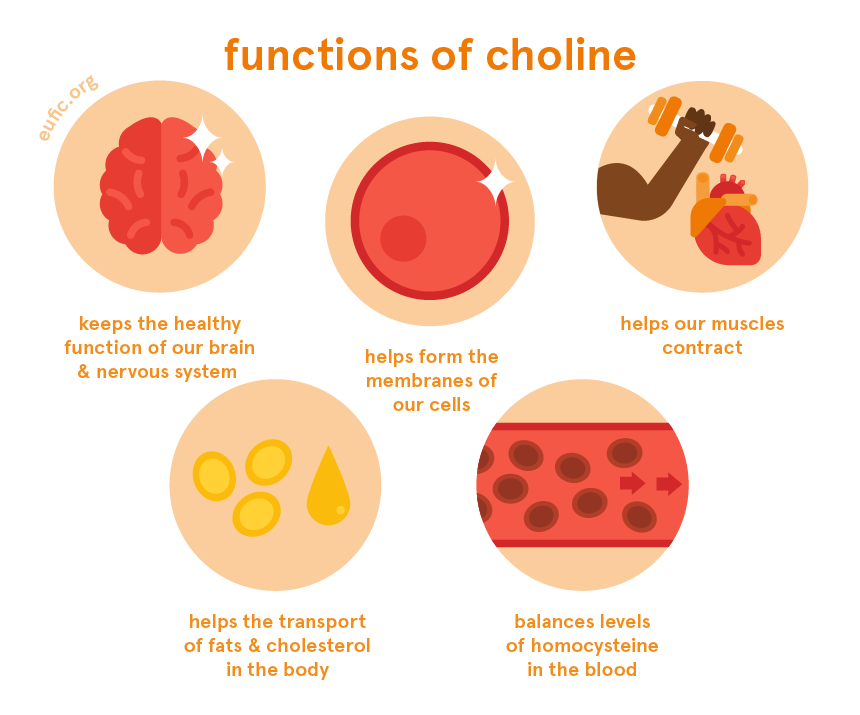
How much choline do I need per day?
How much choline you need per day changes according to your age, sex and life-stage.
The dietary reference value (DRV)* for healthy adults (over the age of 18) is 400 mg of choline per day. During pregnancy and lactation, needs can go up to 480 mg and 520 mg of choline per day, respectively.
We can get enough choline from our diets by eating a variety of foods. Following your country's dietary guidelines on a healthy and balanced diet will help you meet your needs for choline.
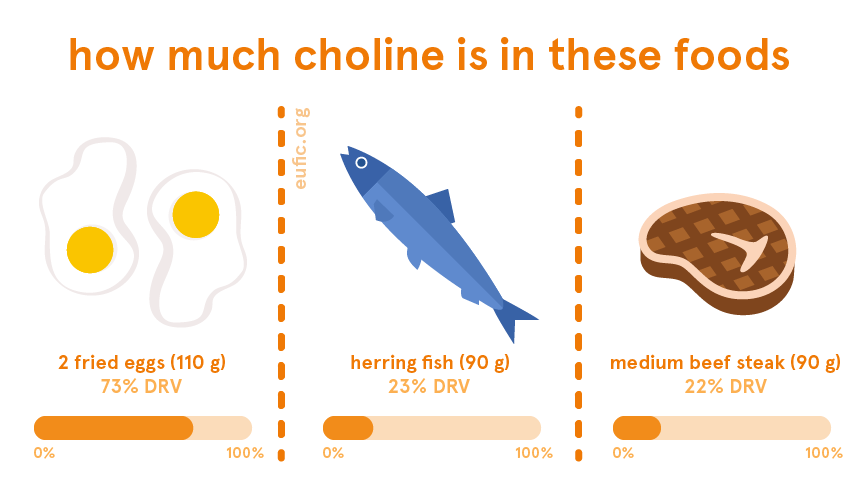
* These values are based on the adequate intakes (AI) estimates from the European Food Safety Authority (EFSA). They should not be interpreted as nutrient goals. To know more about DRVs in Europe click here.
What foods contain choline?
We can find choline in almost every food. The richest food sources of choline are egg yolks, followed by:
- meat and fish
- whole grains
- vegetables and fruit
- fats and oils.
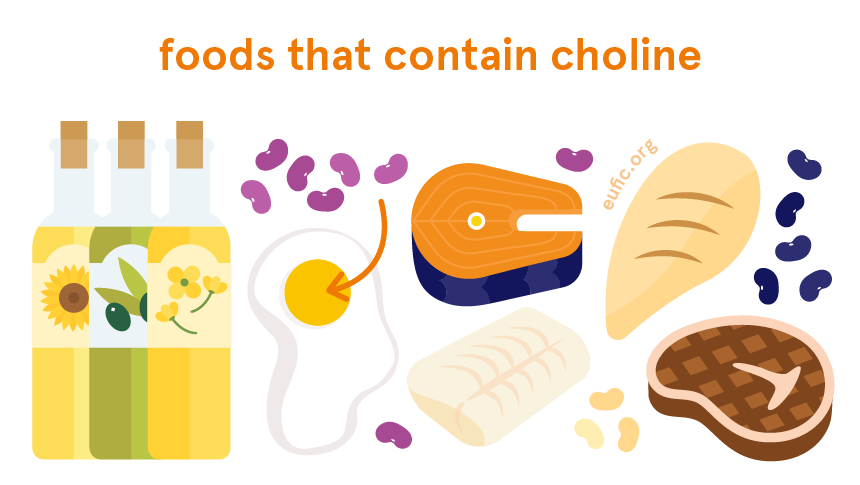
Does choline interact with other nutrients?
Choline and folate (together with vitamin B12 and vitamin B6) help our bodies break down an excess of homocysteine, via two different processes. Meeting the recommended amounts for these micronutrients is important to help our bodies maintain safe levels of homocysteine, which can put us at higher risk of cardiovascular disease, when present in high amounts. In some cases, mainly affecting people with a genetic predisposition, low levels of folate could make our bodies compensate by using more choline in this process.
What happens if I have too little choline?
Choline deficiency can cause damage to our muscles and cause fat to build up in our livers, leading to liver diseases such as non-alcoholic fatty liver disease.
What happens if I have too much choline?
It’s unlikely to get too much choline from foods alone; nevertheless, adults are advised to have less than 3.5 g* of choline per day, which is about nine times the DRV.
* This value is based on the tolerable upper levels (UL) for choline established by the USA’s Institute of Medicine (IOM).
Before taking choline supplements, check with your doctor or a registered dietitian/nutritionist or consult your national dietary guidelines.
When should I pay extra attention to my choline intake?
Choline deficiency is not a risk for the general population since most people can get the recommended amounts of choline from a varied and balanced diet.
References
- European Food Safety Authority. 2016. Scientific opinion on Dietary Reference Values for choline. EFSA Journal 2016;14(8):4484
- Public Health England. 2019. McCance and Widdowson’s Composition of Foods Integrated Dataset.
